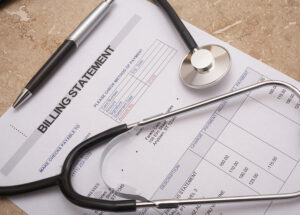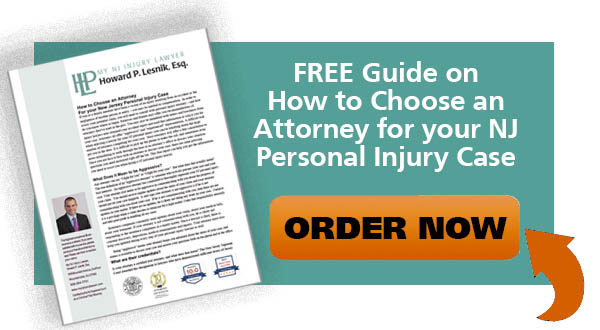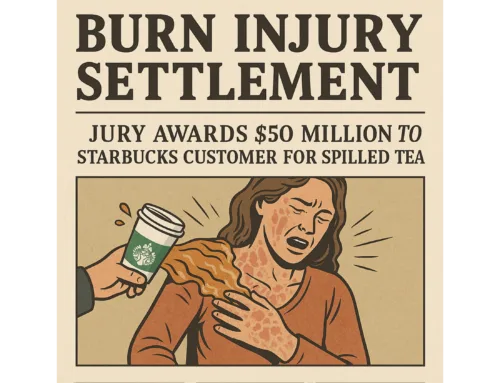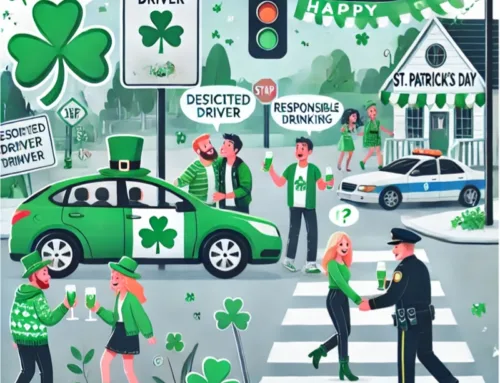A serious accident can leave someone with serious injuries. No one should be saddled with medicals bills on top of injuries after a serious personal injury accident. However, the medical costs from a significant accident case can pile up and become astronomically high – especially if the medical care required hospital stays, surgical procedures, or long rehabilitation. When the incident that caused personal injuries was due to someone else’s negligence, you may be seek to recover compensation from that party or the insurance carrier to reimburse the medical expenses – in addition to damages for the pain and suffering caused by your personal injuries. An important factor to consider in personal injury claims is the health insurance for the victim that was injured. Many people have their own insurance that will cover medical bills incurred from an accident. If you are injured in a personal injury accident, how does your insurance come into play with the compensation you receive from your accident case? The legal concept called collateral source doctrine answers this important and complicated question.

The collateral source rule dates back to the 1800s. This doctrine was first established so that the party responsible for someone’s injuries could not avoid compensating the victim just because the injured party’s health insurance covered the bills for the injuries. In other words, the party that caused the accident could not benefit because the person they injured had insurance. This doctrine prevented insurance coverage for medical bills from being introduced at trial. Insurance companies complained that this allowed injury victims a “double recovery” because they could be compensated for medical expenses that were already covered by medical insurance.
This rule was finally changed in New Jersey and the collateral source doctrine now prevents an injured person to recover costs for medical bills that were already paid for by a collateral source, such as health insurance or disability insurance. Now, in New Jersey, court rules require the injured party to reveal any insurance coverage from a collateral source health insurance that covered medical expenses from the accident. If any of the victim’s health insurance was included in damages awarded at trial, those amounts are deducted from the jury verdict amount. This rule prevents the injured party from being compensated for expenses that were already covered. Now, in NJ, the negligent person responsible for causing the accident does benefit when the injured victim has health insurance.
Note: the collateral source doctrine only prevents the injured party from being compensated for medical costs that were already paid. It does not prevent the injured party from being compensated for medical bills and expenses that were not covered. Also, the collateral source doctrine does not apply to health insurance plans that have to be reimbursed after the personal injury settlement. Health insurance plans that are fully funded under federal law, such as ERISA plans, must be reimbursed from any settlement recovered from the accident case. Similarly, Medicare and Medicaid must be reimbursed for medical bill payments they paid for the accident. Worker’s compensation benefits are also required to be reimbursed. The amount that must be reimbursed to a health insurance plan is admissible at trial. This lien amount is not deducted from your recovery. Instead, the amount that must be reimbursed is included in your settlement amount. However, since it must be paid back to the health insurance plan, it is deducted from your final settlement amount. This is why it is important to calculate the bottom line on your settlement for your personal injury case before agreeing to any settlement offer.
In New Jersey, the rules covering the collateral source doctrine may have a significant and unexpected impact on your personal injury case. An injured person who suffered damages due to another party’s negligence should focus on healing, not medical bills. If you were seriously injured due to someone else’s negligence, you should contact a NJ personal injury attorney who is familiar with details of how the law that applies to your medical bills. You should consult with an experienced personal injury attorney that is able to answer any question about the collateral source rule and how it can apply to your claim and your final recovery.
Contact MyNJInjuryLawyer
If you or a loved one is injured in an accident in NJ, you should contact an attorney familiar with handling these claims. An experienced NJ Injury Lawyer will know how to conduct an investigation and contact the insurance company so you can make a claim for your injuries. My NJ Injury Lawyer Howard P. Lesnik, Esq. offers free strategy sessions to address any issue or questions you may have about your accident claim in NJ.
Please contact NJ Injury Lawyer Howard Lesnik, Esq., immediately if you were involved in a NJ accident. I personally handle NJ personal injury cases on a regular basis. Please contact me now by email, by phoning 908.264.7701, or by completing the form to the right to schedule your complimentary 30-minute strategy session.







